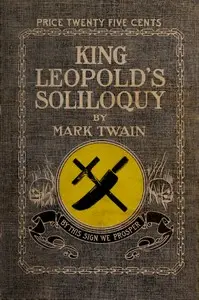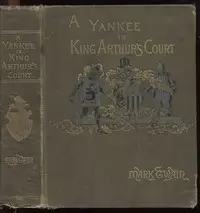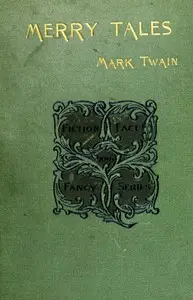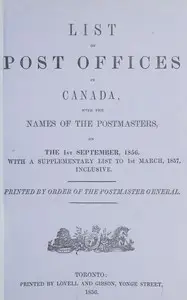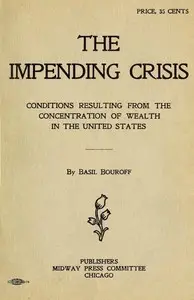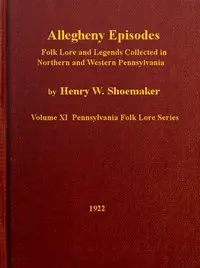"Mark Twain's Speeches" by Mark Twain is a collection of oratory works composed during the late 19th century. This compilation includes various speeches that provide insight into Twain's perspectives on society, politics, and culture, showcasing his sharp wit and humor as he addresses topics ranging from education and government to personal anecdotes and observations of human behavior. The opening of this work features an introduction by W. D. Howells, who reflects on Twain's unique oratory style, emphasizing the effectiveness of his words when spoken aloud compared to written form. Twain's talent as both a writer and performer is highlighted, with particular attention given to his ability to captivate and engage audiences. Following this, the reader is introduced to a humorous and engaging anecdote from Twain's own life, illustrating his experiences with prominent literary figures and setting a tone that balances humor with thoughtful commentary. This introduction serves to situate Twain's speeches within the context of his broader literary legacy and reveals the charm and accessibility of his voice. (This is an automatically generated summary.)

Mark Twain's Speeches
By Mark Twain
"Mark Twain's Speeches" by Mark Twain is a collection of oratory works composed during the late 19th century. This compilation includes various speech...
Samuel Langhorne Clemens, known by the pen name Mark Twain, was an American writer, humorist, and essayist. He was praised as the "greatest humorist the United States has produced," with William Faulkner calling him "the father of American literature." Twain's novels include The Adventures of Tom Sawyer (1876) and its sequel, Adventures of Huckleberry Finn (1884), with the latter often called the "Great American Novel." He also wrote A Connecticut Yankee in King Arthur's Court (1889) and Pudd'nhead Wilson (1894) and cowrote The Gilded Age: A Tale of Today (1873) with Charles Dudley Warner.

